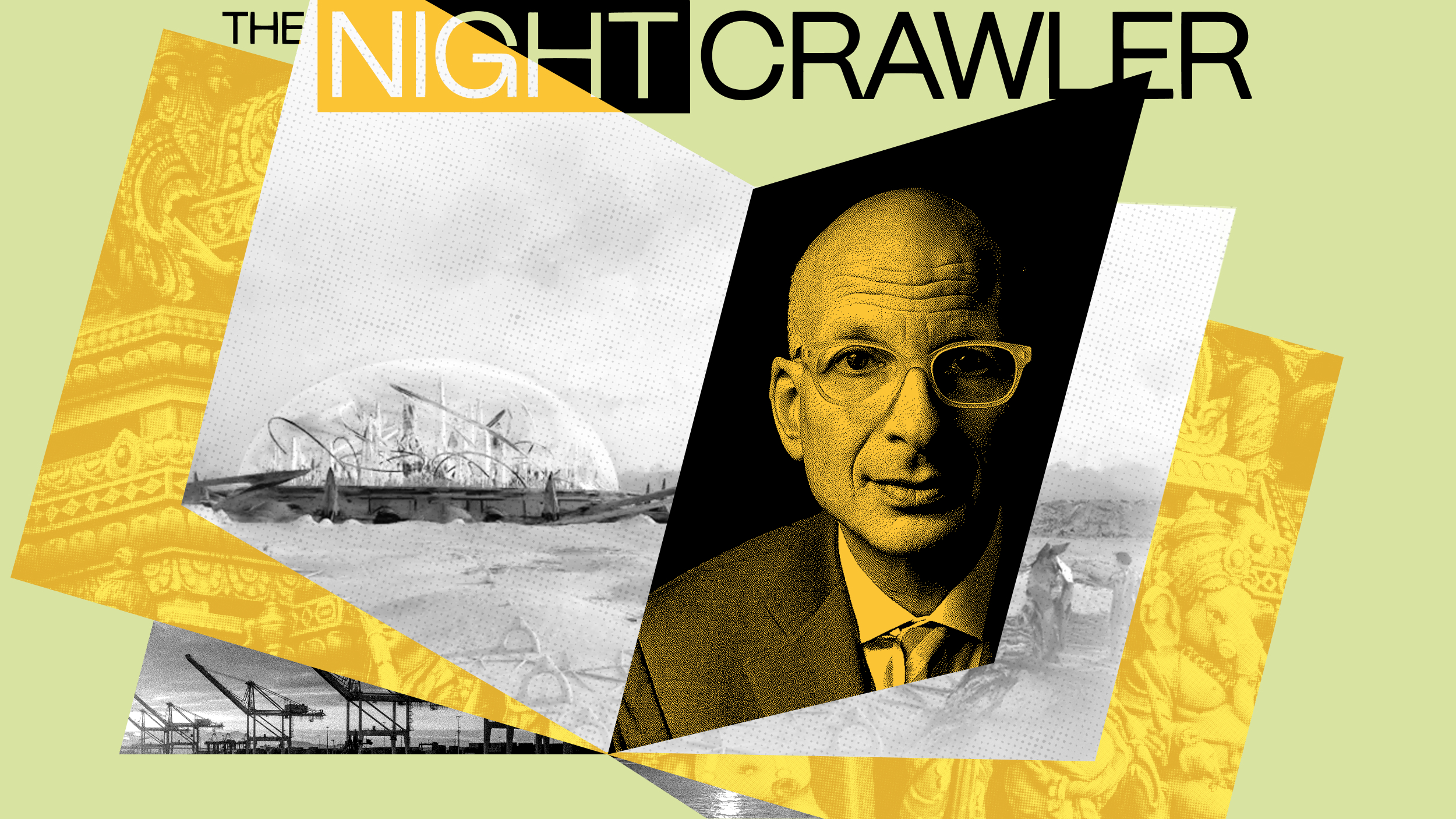A Futuristic Utopia Without Currency Is No Utopia At All

Robots and machine automation are the future of work; they always have been in some way or another. But how will this robo takeover in our workplaces affect our future?
Technological advancements usually means someone is going to be out of a job. Artisan weavers became unemployed once the mechanized loom came on the scene — it was better and faster than human hands could ever be. But while disruptive in the short term, it made cloth more affordable and opened up more jobs.
However, there’s a worry humanity will eventually reach a tipping point.
“The specific fear is not that robots will take jobs, but that the economy — for the first time since the dawn of the automated loom — will fail to produce enough new types of jobs to offset those that are lost,”writesIndependent author Ben Chu.
Dr. James Manyika, a director at the McKinsey Global Institute (MGI), asks what does the economy look like then? He explains, “When you’ve got economies like the United States where something like, you know, 60 percent of our GDP growth comes from household and consumer consumption and spending, it’s going to be important for people to be able to consume and spend to drive GDP. So if people aren’t earning anything because they’re not working or whatever the case may be, what happens to that?”
In order for society not to collapse into a dystopian ruin, the economy may have to adapt. It’s possible the robot future may cause us to even debate the worth of economics when human labor is no longer required to run a majority of things. Society may approach money the same way the fictional Star Trek universe does, in that it operates without any form of currency.
Before that happens, work weeks may continue to get shorter. After all, the average work week in the 19th century clocked in at around 60 hours. Whereas now some people get away with as little as 33 hours a week in the United States (whoever they are, I’m jealous), and more prosperous nations, like Netherlands and France work on 27 hours and 30 hours a week, respectively.
Some cities are already experimenting with basic income, a system where everyone, regardless of status, receives an unconditional sum of money. The big question is what happens when people don’t need to work in order to survive? Do they find more time for their passions or do they become lazy do-nothings?
For the Nordic countries, the president of Iceland believes the secret to their recent economic and social success are due to social welfare programs — you get more out of people when their needs are met.
***
Natalie has been writing professionally for about 6 years. After graduating from Ithaca College with a degree in Feature Writing, she snagged a job at PCMag.com where she had the opportunity to review all the latest consumer gadgets. Since then she has become a writer for hire, freelancing for various websites. In her spare time, you may find her riding her motorcycle, reading YA novels, hiking, or playing video games. Follow her on Twitter: @nat_schumaker
Photo Credit :ADRIEN MORLENT / Stringer/ Getty





